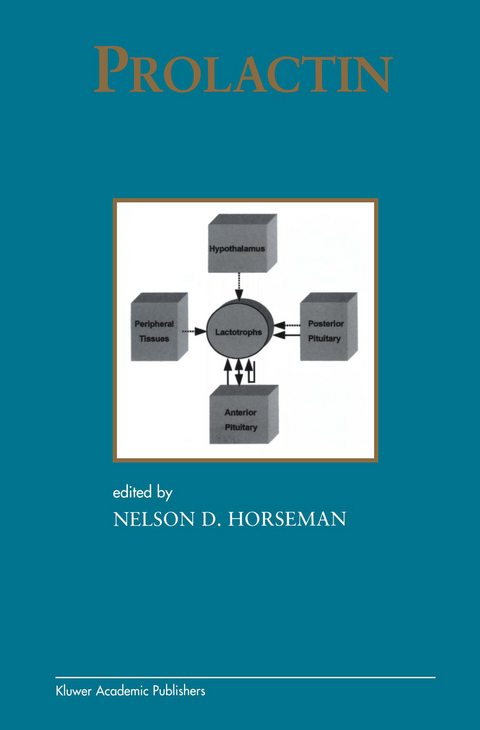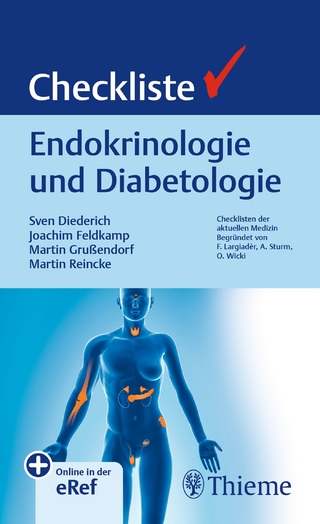
Prolactin
Springer-Verlag New York Inc.
978-1-4613-5676-9 (ISBN)
1 Hypothalamic Control of Prolactin Synthesis and Secretion.- 2 Role of Prolactin in Developmental Differentiation of Hypothalamic Dopaminergic Neurons.- 3 Mechanisms of Dopamine Action on the Lactotroph.- 4 Regulation of Lactotrophs and Prolactin Secretion in Non-Mammalian Vertebrates.- 5 Prolactinomas.- 6 The Psychosomatic Interface: Hyperprolactinemia.- 7 Genetics of Prolactinomas.- 8 Rodent Prolactin Family and Pregnancy.- 9 Human Uteroplacental Lactogens: Physiology and Molecular Biology.- 10 Structure-Function Relationships in Prolactin.- 11 Mammary Gland Development.- 12 Actions of Prolactin in the Prostate Gland.- 13 Prolactin Regulation of Cell Proliferation and Apoptosis.- 14 Mechanisms of Luteal Cell Regulation by Prolactin.- 15 Regulation of Pancreatic Islets by Prolactin, Growth Hormone and Placental Lactogen.- 16 In Vitro Effects of Prolactin on the Lympho-Hemopoietic System.- 17 Prolactin Receptors.- 18 Prolactin Receptor Signal Transduction.- 19 Transcription Factors, Cofactors and Target Genes Mediating Prolactin Signals.
| Reihe/Serie | Endocrine Updates ; 12 |
|---|---|
| Zusatzinfo | VII, 412 p. |
| Verlagsort | New York, NY |
| Sprache | englisch |
| Maße | 155 x 235 mm |
| Themenwelt | Medizin / Pharmazie ► Medizinische Fachgebiete ► Gynäkologie / Geburtshilfe |
| Medizinische Fachgebiete ► Innere Medizin ► Diabetologie | |
| Medizinische Fachgebiete ► Innere Medizin ► Endokrinologie | |
| Medizin / Pharmazie ► Medizinische Fachgebiete ► Onkologie | |
| Studium ► 1. Studienabschnitt (Vorklinik) ► Biochemie / Molekularbiologie | |
| Naturwissenschaften ► Biologie ► Biochemie | |
| ISBN-10 | 1-4613-5676-8 / 1461356768 |
| ISBN-13 | 978-1-4613-5676-9 / 9781461356769 |
| Zustand | Neuware |
| Informationen gemäß Produktsicherheitsverordnung (GPSR) | |
| Haben Sie eine Frage zum Produkt? |
aus dem Bereich


